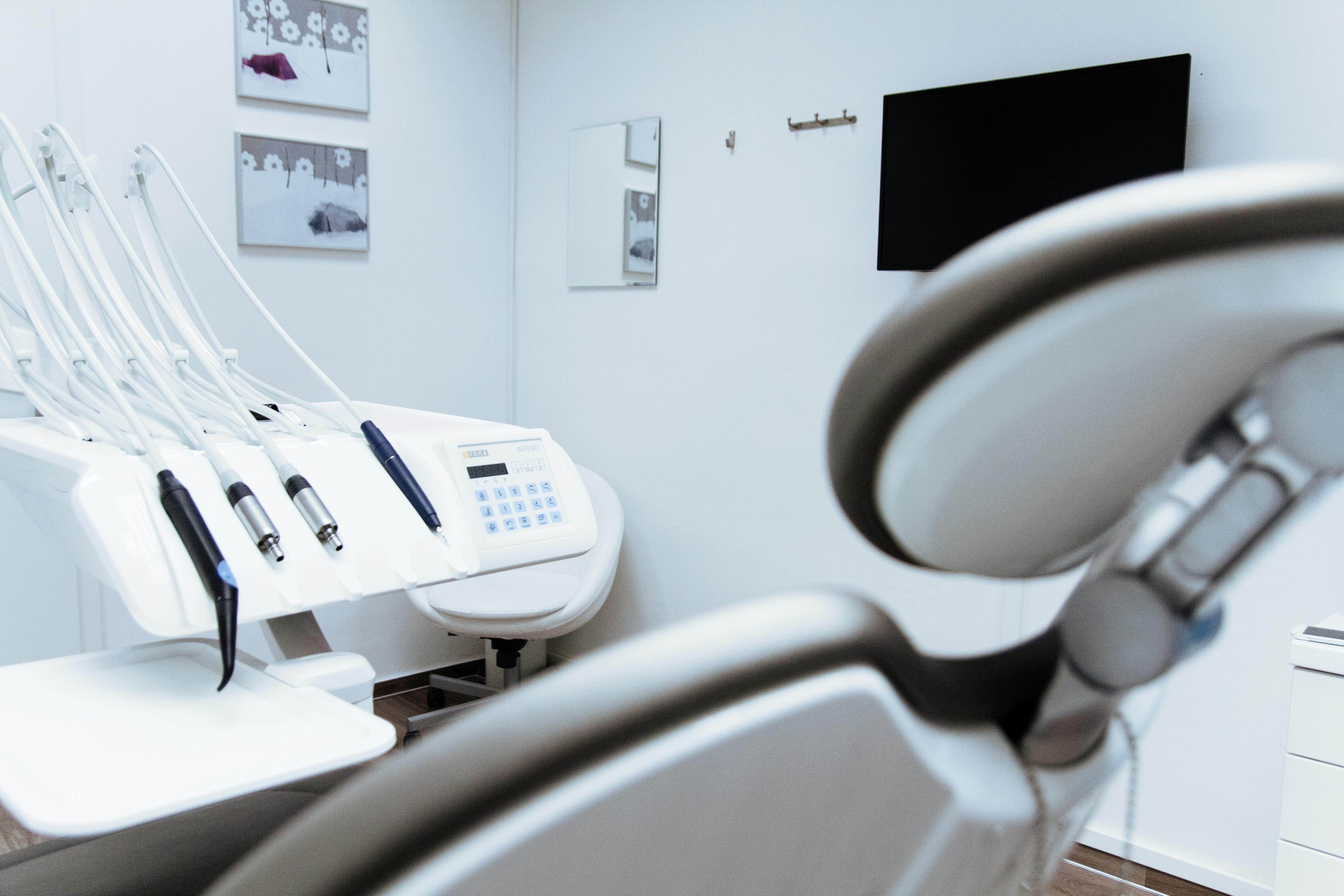How a Loan Can Support Long-Term Growth Projects In today’s competitive business landscape, access...

Starting or expanding a dental practice can be a significant financial undertaking. Whether you're looking to purchase an existing practice, start a new one, renovate your office, or invest in state-of-the-art equipment, securing the right financing is crucial. This guide provides an in-depth look at how to successfully apply for dental practice loans, including types of loans, application preparation, and tips for approval.
Types of Dental Practice Loans
- Term Loans
- What They Are: Lump sum amounts repaid over a fixed period with regular payments.
- Best For: Large investments like purchasing a practice or major equipment.
- Pros: Predictable payment structure, potentially lower interest rates.
- Cons: Requires good credit and may need collateral.
- Business Lines of Credit
- What They Are: Revolving credit lines allowing access to funds as needed up to a set limit.
- Best For: Managing cash flow and covering unexpected expenses.
- Pros: Flexibility in use and repayment, only pay interest on what you draw.
- Cons: Variable interest rates and possible annual fees.
- SBA Loans
- What They Are: Government-backed loans offering favorable terms.
- Best For: Long-term, low-interest financing for various business needs.
- Pros: Lower interest rates, favorable terms, and higher borrowing limits.
- Cons: Lengthy and stringent application process.
- Equipment Financing
- What They Are: Loans specifically designed to purchase dental equipment.
- Best For: Acquiring or upgrading dental chairs, X-ray machines, and other specialized equipment.
- Pros: Equipment often serves as collateral, preserving other assets.
- Cons: The financed equipment can depreciate faster than the loan is paid off.
- Practice Acquisition Loans
- What They Are: Loans tailored specifically for buying an existing dental practice.
- Best For: Dentists looking to purchase an established practice.
- Pros: Tailored for dental practices, often include support from lenders with industry experience.
- Cons: Can be large loans with significant repayment obligations.
- Working Capital Loans
- What They Are: Short-term loans used to cover everyday operational expenses.
- Best For: Bridging gaps in cash flow and covering immediate operational costs.
- Pros: Quick access to funds, typically do not require collateral.
- Cons: Higher interest rates, shorter repayment periods.
Preparing to Apply for a Dental Practice Loan
- Evaluate Your Credit Score
- Importance: A strong credit score improves your chances of securing favorable terms.
- Action: Check your credit score and take steps to improve it if necessary, such as paying down existing debts and correcting any errors on your credit report.
- Organize Financial Documents
- Importance: Lenders require detailed financial information to assess your eligibility.
- Action: Prepare personal and business financial statements, including income statements, balance sheets, tax returns, and cash flow statements.
- Develop a Comprehensive Business Plan
- Importance: A well-structured business plan demonstrates your preparedness and potential for success.
- Action: Include an executive summary, market analysis, detailed financial projections, and a clear strategy for using the loan funds and repaying the loan.
- Determine the Funding Amount and Terms
- Importance: Knowing how much you need and what terms you can manage is crucial.
- Action: Calculate the total amount required and consider what monthly payments you can afford without straining your practice's finances.
- Research Potential Lenders
- Importance: Different lenders offer different terms and conditions.
- Action: Compare various lenders, including traditional banks, credit unions, online lenders, and specialized dental practice financing companies.
Tips for a Successful Loan Application
- Build a Strong Business Case
- Clearly articulate the purpose of the loan and how it will benefit your practice.
- Provide detailed financial projections showing expected revenue growth and profitability.
- Highlight Your Experience and Expertise
- Emphasize your qualifications, experience, and successes in the dental field.
- If purchasing an existing practice, showcase the practice's performance and potential for growth.
- Prepare a Solid Financial History
- Maintain accurate and up-to-date financial records.
- Demonstrate consistent revenue and sound financial management.
- Gather Necessary Documentation
- Have all required documents ready, such as your dental license, proof of business ownership, tax returns, and financial statements.
- Be prepared to provide additional information as requested by the lender.
- Be Transparent and Honest
- Provide truthful and accurate information on your application.
- Address any potential issues or concerns upfront, such as past financial difficulties, and explain how you have resolved them.
- Consider a Co-Signer or Collateral
- If your credit score is less than stellar, a co-signer with good credit can strengthen your application.
- Offering collateral can also make your loan application more attractive to lenders.
Conclusion
Securing a loan for your dental practice requires thorough preparation and a clear understanding of your financial needs and options. By evaluating your credit score, organizing financial documents, developing a strong business plan, and carefully choosing the right type of loan and lender, you can increase your chances of obtaining the funding necessary to start, grow, or enhance your dental practice. With the right financing in place, you'll be well-positioned to provide exceptional care to your patients and achieve long-term business success.



